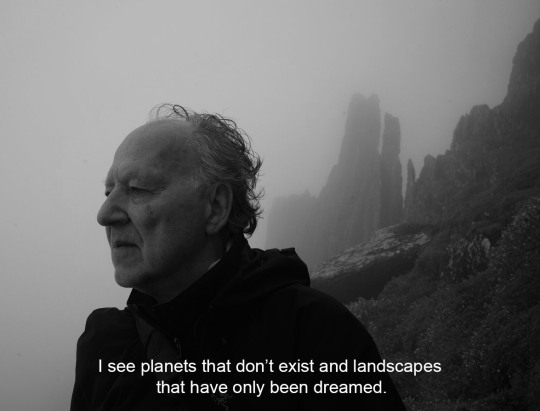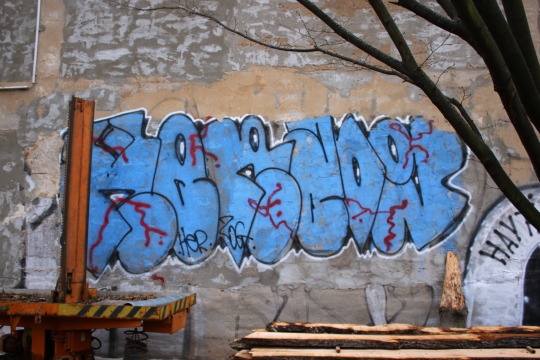#herzog
Text

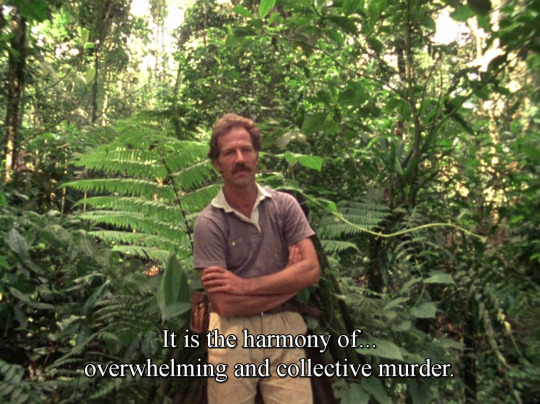
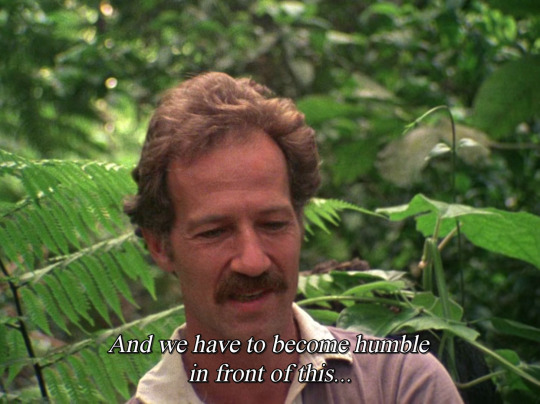
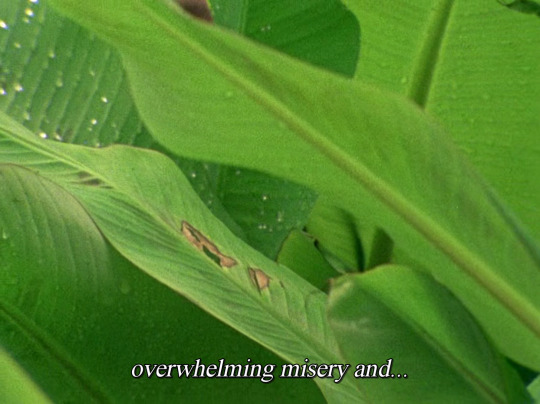


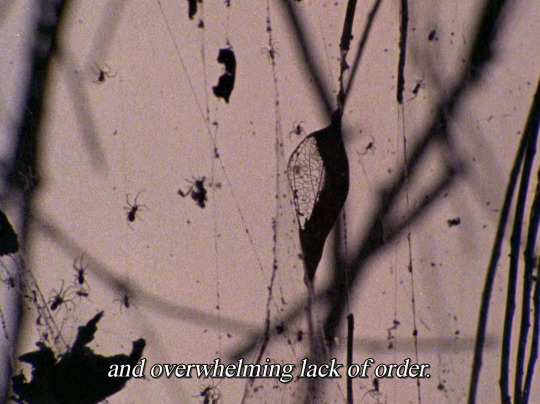
Burden of Dreams (Les Blank, 1982)
#Burden of Dreams#Les Blank#Werner Herzog#Herzog#documentary#Fitzcarraldo#1982#nature#murder#metaphor
1K notes
·
View notes
Text
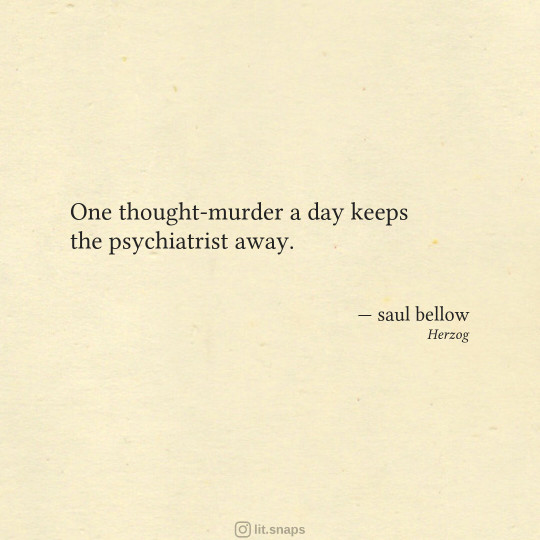
26 notes
·
View notes
Photo

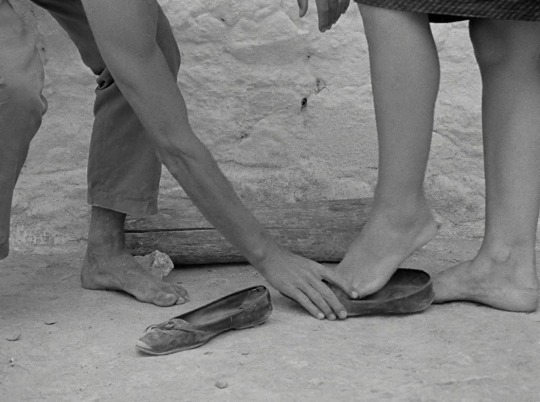

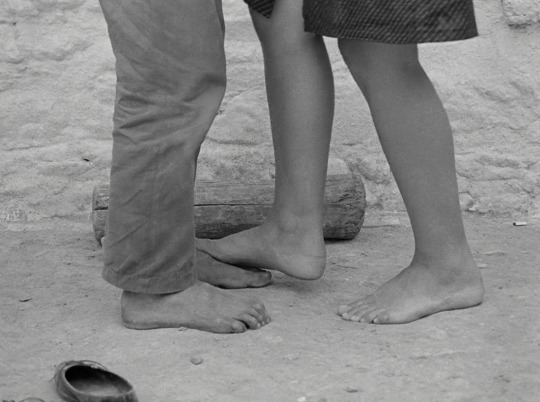
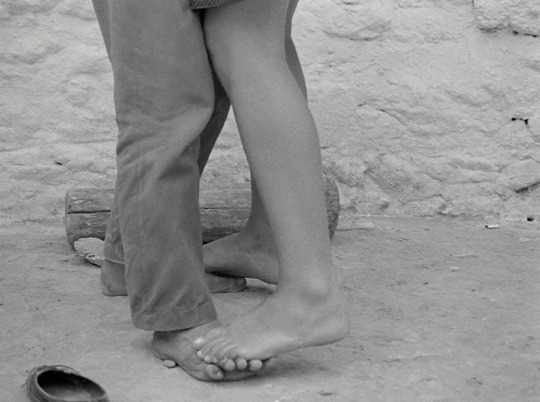

Lebenszeichen (Signs of Life) | Werner Herzog | 1968
(Peter Brogle, Athina Zacharopoulou)
192 notes
·
View notes
Text
What the Battle Over Judicial Reform in Israel Is Really About
By CAROLINE GLICK
Any complex issue deserves (no, requires) lengthy argument, and this piece by Caroline Glick this is no exception. But Caroline is a cogent writer who makes everyone smarter. So read it and get properly informed.
***************************************
In Israel as in states throughout the Western world, the political Left is an ecosystem of power, and not merely a political camp. It starts with the parties of the center- and far-Left. But it encompasses far more powerful institutions and actors, as well. These include the universities, the vast majority of media organs, most of the entertainment industry, and much of the economic elite. The Left also comprises the senior ranks of the security establishment—represented most clearly by politically active retired generals.
The most powerful component of the Left's ecosystem in Israel is the legal fraternity, which is comprised of the Supreme Court, the attorney general, the state prosecution, and the legal advisors to the Knesset and the government ministries.
Despite its control over vast power sources in Israeli society, the Left does not control the Israeli people themselves. A significant majority of Israelis define themselves as right-of-center. In the last elections, right-of-center parties won 64 seats in Israel's 120-seat parliament, the Knesset. The Left's parties won a mere 46 seats. The other 10 seats went to two anti-Zionist Arab parties, which are supported by, but are not constituent parts of, the leftist ecosystem.
For the first three decades after Israel won independence in 1948, the Left held all levers of political power. The Labor Party controlled the government and the Knesset. And its loyalists controlled the Left's nonpolitical ecosystem. When, under Menachem Begin, the Right won its first electoral victory in 1977, Begin disappointed his loyalists and opted not to replace Labor's apparatchiks in the public sector, the Israel Defense Forces, the legal system, and state media with his own. Begin's refusal to bring in his own people was a source of rancor, but when viewed in its historical context, his decision had its merits. Labor's apparatchiks were old-left socialists, ideologically, but they were experienced in the ways of governance and they were patriots. True, they despised Begin, but they loved Israel. Leaving them secure in their positions may have made them political thorns in Begin's side, but it didn't harm the national interest.
Begin would probably have acted differently today.
Like the Left throughout the Western world, over the past 30 years, Israel's Left has abandoned labor union politics for cultural Marxism and post-nationalism. Its new globalist ideals render the Left's constituent parts contemptuous, and increasingly hateful, of Israel's nationalist majority.
In the decades since Begin opted to leave the Labor apparatchiks in place, their post-nationalist successors have formed an oligarchy whose power sits beyond the reach of the elected Israeli government. Its members, particularly in the legal fraternity, have seized more and more executive powers away from the government, and more and more legislative powers away from the Knesset. For the past three decades, government lawyers have killed government decisions and legislative initiatives, before they were off the drawing board, by proclaiming them "unreasonable" or "legally problematic" (as opposed to illegal).
When the government and Knesset chose to disregard the unsubtle orders from their unelected lawyers, the Supreme Court pounced. The justices haven't flinched from abrogating the government's actions; and more often than not, the justices have based their decisions not on statutory law, but on the extraordinarily vague "reasonableness" rationale that has enabled them to strike down laws and lawful government actions simply by deeming them "unreasonable."
Today, led quite openly by Israeli Supreme Court Chief Justice Esther Hayut and her predecessor, Aharon Barak, the Israeli Left is in open rebellion against the Netanyahu government and its plans to reform the judicial system. Buffeted and sometimes led by a media that has abandoned all pretense of dispassionate journalism for propaganda, some on the Left—including the mayor of Tel Aviv—have outright called for civil war. Others have deployed a combination of riots, protests, boycotts, highway blockages, and lawfare in a bid to paralyze and intimidate the Netanyahu government into standing down.
The Netanyahu government's program for judicial reform is astounding for its modesty. If passed in full, it will simply realign Israel's currently unchecked judiciary with the checked judiciaries of the vast majority of Western democracies.
The judicial reform package's main components are: placing judicial appointments under more political control; requiring justices to base their judgments on the law, rather than the malleable veneer of "reasonableness"; banning the Supreme Court from amending or overriding Israel's Basic laws, which form the basis of Israel's quasi-constitutional rule of law; and placing constraints on the Supreme Court's power to abrogate laws duly promulgated by the Knesset, while providing the Knesset with a mechanism for overriding the Court's decisions.
The final clause of the government's reform package stipulates that the attorney general's opinions do not bind the government that he ostensibly serves.
While the Left has managed to engender a sense of chaos, the situation in Israel is actually far more stable than it appears. The Left's riots will continue so long as the billionaire funders in Israel and abroad send their checks. But the legal reform will be passed into law and implemented.
Any doubt that this would occur was dispelled two weeks ago, via a strategic intervention by Israeli President Isaac Herzog. Although the position of Israeli president is a largely ceremonial post, two weeks ago Herzog inserted himself into the middle of the debate. In a primetime address, Herzog set out his own proposal for judicial reform. A former head of the Labor Party and the son of Israel's sixth president, the late Chaim Herzog, Isaac Herzog is a scion of the leftist establishment.
Herzog's proposal involved fewer limits on the Court's powers than the government's proposal. But his intervention was important—indeed, it was decisive—for three main reasons.
First, Herzog's proposal is predicated on both recognition and opposition to the fact that today, Israel's Supreme Court has no checks on its power whatsoever. To restore and safeguard Israel's democracy, the Israeli Supreme Court must cease to operate as a self-perpetuating judicial oligarchy.
Second, Herzog's proposal recognizes the fundamental legitimacy of the political Right. Knesset opposition leader Yair Lapid and his partners have so far refused to follow suit; as far as they are concerned, the Israeli people's vote last fall to restore Netanyahu to power was no more than an arbitrary moment, and far less legitimate than the unmoving positions of the nation's ruling elite.
Finally, Herzog's intervention gave cover to leftist politicians and luminaries who, like him, are willing to work with the Netanyahu government to reach a workable compromise on legal reform. Despite public denials by various opposition politicians, following Herzog's speech, prominent leftists have been meeting behind the scenes with Justice Minister Yariv Levin, Chairman of Knesset Law, Constitution, and Justice Committee Simcha Rothman, and their advisors, in order to bridge differences.
And those differences are not all that large. Nearly every single leading politician on the Left—including Lapid himself—has put forward a program of judicial reform similar to the Netanyahu government's plan. Back in 1994, Herzog's father, then-President Chaim Herzog, also called for constraining judicial power.
At the end of the day, the fight over judicial reform in Israel isn't about judicial reform at all. It is about the radical Left, and its refusal to accept the validity of democratic outcomes when its side loses. The Netanyahu government will win because, despite the fact that the radicals have taken over the leftist ecosystem, enough old-left Zionists are still around to work with their counterparts on the Zionist Right and cut a deal.
Caroline B. Glick is a Newsweek columnist, the senior contributing editor of Jewish News Syndicate, and the diplomatic commentator for Israel's Channel 14. She is also the author of The Israeli Solution: A One-State Plan for Peace in the Middle East, (Crown Forum, 2014). From 1994 to 1996, she served as a core member of Israel's negotiating team with the Palestine Liberation Organization.
#secular-jew#israel#jewish#judaism#israeli#jerusalem#diaspora#secular jew#secularjew#islam#Israeli judiciary#Caroline Glick#newsweek#jewish news syndicate#herzog#netanyahu#begin#menachem begin#chaim herzog#isaac herzog#israeli supreme court#supreme court#hamas#no ceasefire#never again#hostages#return the hostages#hamas surrender#total surrender
7 notes
·
View notes
Text
Besties of Black Swan Bay (4738 words) by NSK117
Fandom: 龙族幻想 | Dragon Raja (Video Game), 龙族 - 江南 | Dragon Raja Series - Jiang Nan
Rating: Mature
Summary: Self-insert fan fiction that I wasn't sure I'd post but here I am posting because the universe and my friends said so: Hoping to save Chime Gen, I get thrown into the world of Dragon Raja and end up at Black Swan Bay in the clutches of Herzog and Bondarev. Watch as I try to find a way to survive and learn who my true allies are.
First two chapters of my self-insert fan fiction are posted y'all. I'm embracing my cringe. I can't believe I started writing this in 2022
#besties of black swan bay#self insert#dragon raja#dragon raja fan fiction#fan fiction#dragonraja#bondarev#dragon raja bondarev#herzog#dragon raja herzog#nsk
8 notes
·
View notes
Text
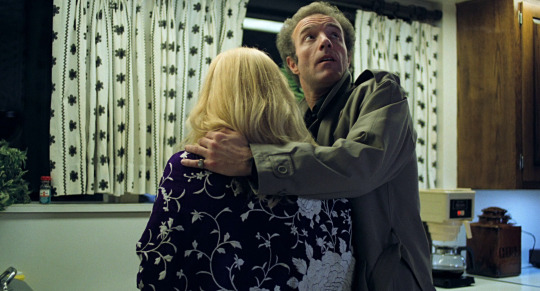

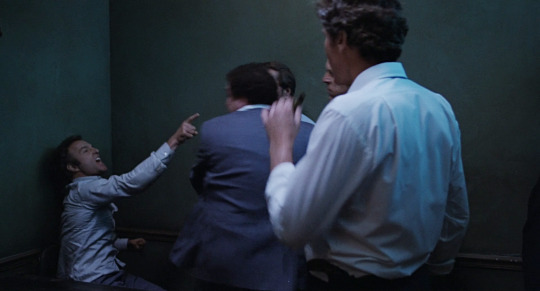
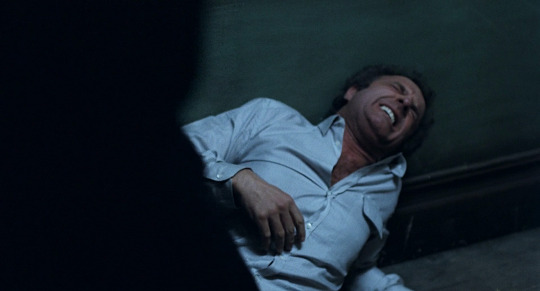


Of course Zipporah, that realist, was right to refuse Father Herzog. He wanted to run bootleg whisky to the border, and get into the big time. He and Voplonsky borrowed from moneylenders, and loaded a truck with cases. But they never reached Rouses Point. They were hijacked, beaten up, and left in a ditch. Father Herzog took the worse beating because he resisted. The hijackers tore his clothes, knocked out one of his teeth, and trampled him.
He and Voplonsky the blacksmith returned to Montreal on foot. He stopped at Voplonsky's shop to clean up, but there was not much he could do about his swollen bloody eye. He had a gap in his teeth. His coat was torn and his shirt and undergarment were blood-stained.
That was how he entered the dark kitchen on Napoleon Street. We were all there. It was gloomy March, and anyway the light seldom reached that room. It was like a cavern. We were like cave dwellers. "Sarah!" he said. "Children!" He showed his cut face. He spread his arms so we could see his tatters, and the white of his body under them. Then he turned his pockets inside out—empty.
As he did this, he began to cry, and the children standing about him all cried. It was more than I could bear that anyone should lay violent hands on him—a father, a sacred being, a king. Yes, he was a king to us. My heart was suffocated by this horror. I thought I would die of it. Whom did I ever love as I loved them?
Thief, dir. Michael Mann, 1981 / Herzog, Saul Bellow, 1964
8 notes
·
View notes
Quote
His mind took one of its odd jumps. He opened a clean page in his grimy notebook, and in the twig-divided shade of a wild cherry, infested with tent caterpillars, he began to make notes for a poem.
Saul Bellow, Herzog
41 notes
·
View notes
Text
“It's not true this rhetoric about civilians not aware, not involved. It's absolutely not true.
"They could have risen up, they could have fought against that evil regime which took over Gaza in a coup 'd état.”
Victim-shaming much?
13 notes
·
View notes
Text
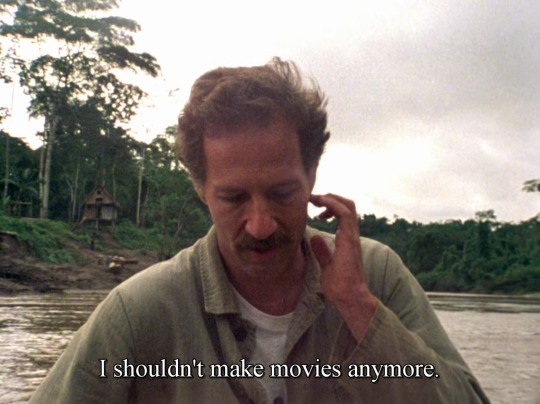
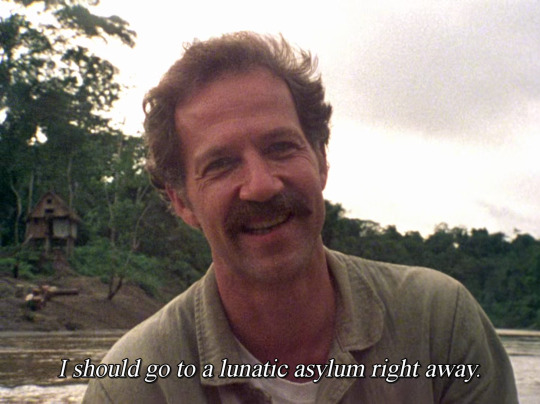
Burden of Dreams (Les Blank, 1982)
#Burden of Dreams#Les Blank#Werner Herzog#Herzog#documentary#Fitzcarraldo#quote#1982#film#cinema#movies#comedy#smile
1K notes
·
View notes
Quote
...we are more interested in the direct physical and emotional impact, like the sound of music or the scent of a flower. We are not looking for meaning in our buildings. A building cannot be read like a book, it does not have any credits, subtitles or labels like pictures in a gallery. A building is a building. In that sense, we are absolutely anti-representational. The strength of our buildings is the immediate, visceral impact they have on a visitor. For us that is all that is important in architecture.
Jacques Herzog, Jeffrey Kipnis in conversation with Jacques Herzog
Jeffrey Kipnis: "Una Conversación con Jacques Herzog (H&deM). A Conversation with Jacques Herzog (H&deM)." In: Fernando Márquez Cecilia, Richard C. Levene (Eds.). "El Croquis. Herzog & de Meuron 1993-1997." Vol. No. 84, Madrid, El Croquis, 1997. pp. 7-21.
#quote#architecture#Jacques Herzog#H&deM#Herzog & de Meuron#Pierre de Meuron#Herzog#de Meuron#architectural theory#building#books#visceral#experience#music
38 notes
·
View notes
Text
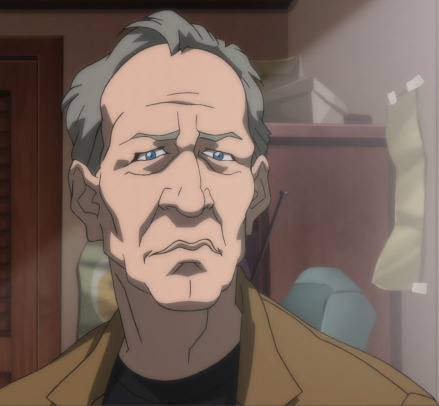

Werner Herzog in "The Boondocks" vs Werner Herzog in "Monster"
#naoki urasawa's monster#werner herzog#the boondocks#everything's connetected#herzog#boondocks#monster (2004)#naoki urasawas monster
13 notes
·
View notes
Photo


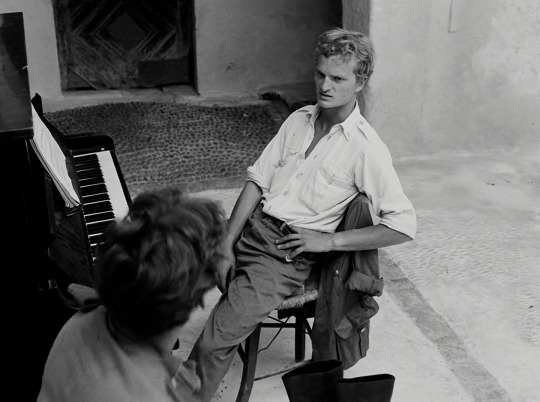
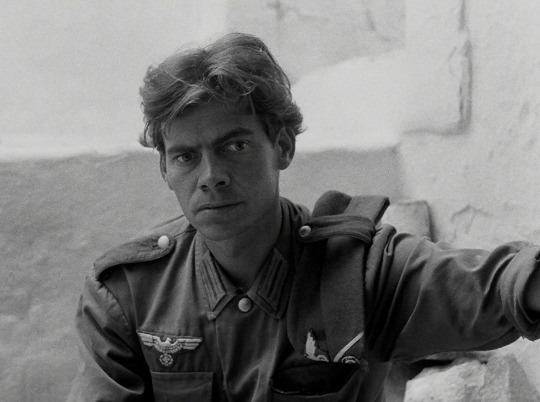

Lebenszeichen (Signs of Life) | Werner Herzog | 1968
Peter Brogle, and Florian Fricke of Popol Vuh fame
This is pre-Popol Vuh though. Florian Fricke became friends with Werner Herzog in 1967 and formed Popol Vuh in 1969. The band went on to contribute soundtracks to several of Herzogs films.
44 notes
·
View notes
Photo

two cars are better than one
142 notes
·
View notes
